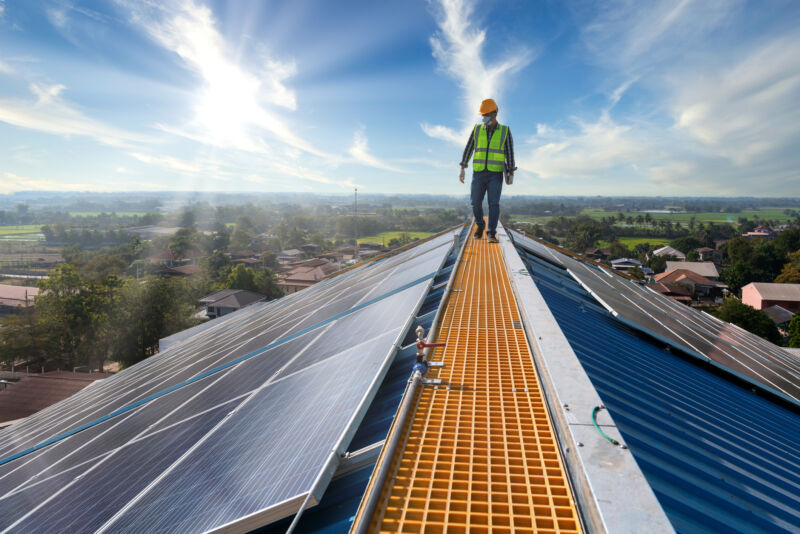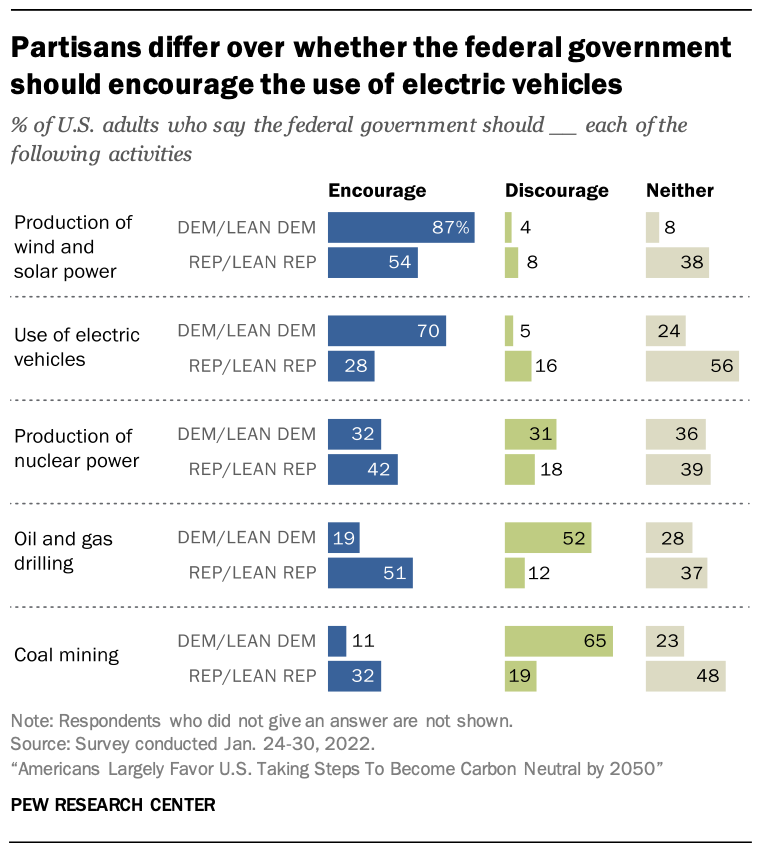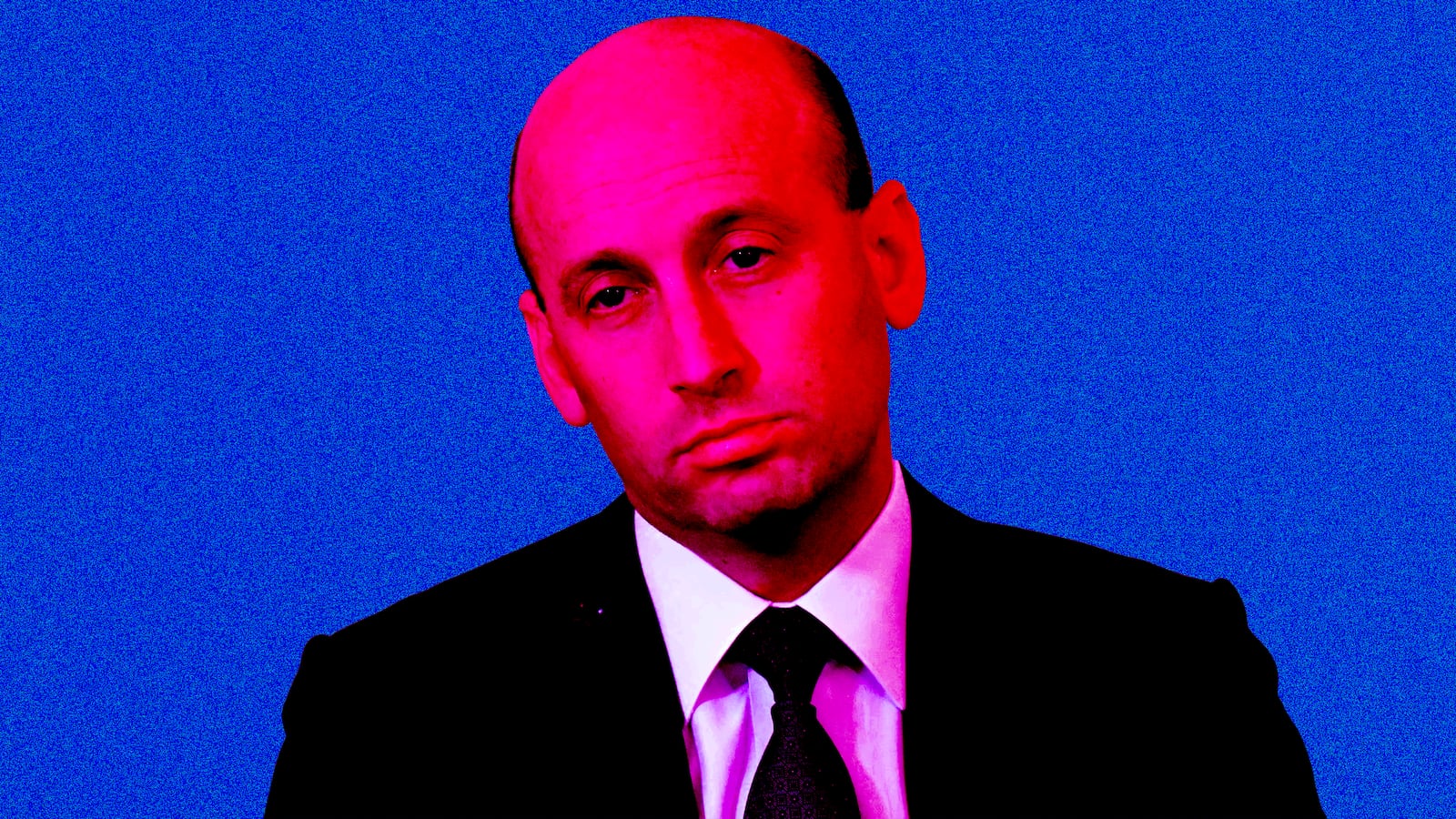Americans want to be carbon neutral, don’t want to take needed steps
The country hasn't come to grips with what carbon neutrality actually means.

"Earlier this week, the Pew Research Center announced the results of polling that asked the US public its thoughts on how to address climate change. While the usual partisan split was apparent, the survey highlights an even larger challenge that policymakers will face: the US public supports contradictory things when it comes to climate policy.
> Nearly 70 percent of the public favored taking steps toward the goal of being carbon neutral by 2050. Yet less than a third support transitioning off fossil fuels.
What we want vs. how we get there
The survey was very large, having reached over 10,000 US adults at the end of January. That's enough to ensure that different groups within the population are well represented. For most questions, Pew divides up the US populace into conservative Republicans, moderate Republicans, moderate Democrats, and liberal Democrats.
As is usually the case, there's a big divide on climate issues. Overall, 70 percent of the US public supports taking a pathway to carbon neutrality. Support is much higher among the moderate and liberal Democrats, where roughly 90 percent favor going carbon neutral, as do two-thirds of moderate Republicans. But among the conservatives, only a third support this policy.
This gap is because a large portion of conservative Republicans refuse to accept reality, with just over half saying that human activity doesn't contribute to climate change, and only 11 percent acknowledging that we make a large contribution. Obviously, if you refuse to admit that there's a problem, you're not likely to support a policy meant to address it. The numbers that acknowledge our large contribution rise to 29 percent of moderate Republicans, 60 percent of moderate Democrats, and 81 percent of liberals.
Reaching carbon neutrality would involve a number of dramatic steps, including the elimination of most fossil fuels for generating electricity and transportation and the development of carbon capture to offset emissions that can't be avoided.
The most obvious routes to those goals would include the electrification of vehicles and the rapid expansion of renewable power sources like wind and solar.

Given those results, you might suspect that the support for these sorts of efforts would be roughly parallel with the support for going carbon neutral in general. But that's nowhere close to being true. Two-thirds of all respondents indicated that they wanted to see the US use a mix of fossil fuels and renewables, and a third said that the government should encourage oil and gas drilling. Twenty percent even felt the government should encourage coal mining, the most emissions-intensive form of fossil fuel (fortunately, over twice as many felt this should be discouraged).
. . .While wind and solar production was widely supported—72 percent felt it should be encouraged—only half thought the government should promote the use of electric vehicles.
Added benefits
Regardless of whether the US formally commits to a path to carbon neutrality, the low cost of renewable generation ensures that we'll be seeing a lot more of it in the near future. So Pew also asked people how they viewed this transition. A large majority of Democrats expected to see improvements to air and water quality and an increase in job opportunities in the energy sector. Republicans were evenly split between expecting the same thing or not foreseeing any significant changes. . .
The public is also wary of the risk of unforeseen consequences. Over half of Democrats and 81 percent of Republicans thought it was somewhat or very likely that the transition away from fossil fuels would create "unexpected problems."
Finally, Pew found that there was a general pessimism about whether the world will manage to avoid the worst impacts of climate change. In every group but moderate Democrats, a majority felt that we won't get our act together in time. Even among moderate Democrats, 44 percent were pessimistic.


No comments:
Post a Comment